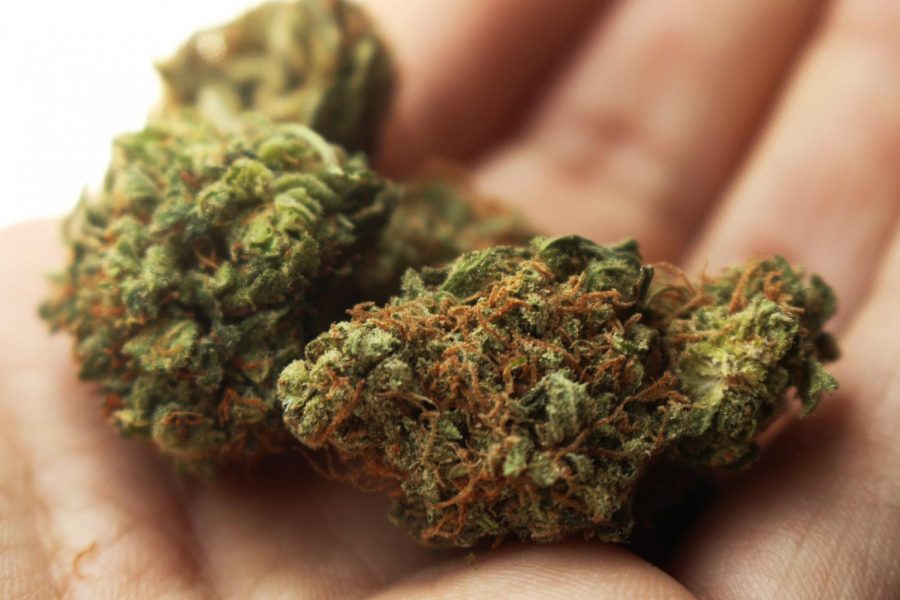This isn’t an edible apocalypse
New regulations on marijuana products not as strict as they seem, unnecessary to prevent underage use
Compared to alcohol, weed has stricter packaging regulations and changing them won’t make children less likely to consume marijuana.
October 18, 2018
Regulations surrounding marijuana products should be in the hands of their consumers. Instead of shutting down or halting the edible market, the Washington State Liquor and Cannabis Board should still allow the distribution of all edible products and reevaluate any issues with packaging concerns.
On Oct. 3, the board released a presentation on the reevaluation and possible ban of marijuana-infused edibles including but not limited to gummies, fruit chews, hard candy or other brightly-colored products. The board was concerned over whether these products were especially appealing to children.
The board reevaluated regulations regarding the appearance of baked goods, chocolates and caramels despite the possibility that these products may also be especially appealing to children. Changing the appearance of these items does nothing to affect their appeal, as baked goods generally appeal to everyone.
The current inventory of edible candy will be available until it is sold out or until April 3, 2019, according to the presentation released by the board.
For those who consume candy edibles, these changes can sound dire. However, I spoke with Mike Casey, a manager at MJ’s Pot Shop in Pullman, about the changes and he reassured consumers that hope is not lost.
“I definitely think it’s being really blown out of proportion,” Casey said. “The only thing they’re really looking at is maybe tweaking the packaging. There’s a lot of good stuff that’s still usable, they may have to just do some minor changes.”
The board originally called for a total cease-production on all candy edibles, but only a week later reversed the decision after pushback from the industry. Instead the board will consider a presentation from an industry coalition in 30 days.
A message was also released clarifying the information in the board’s presentation.
The presentation originally stated, “[The board] will eliminate infused edibles,” but the message clarified that this was a product and label review and not an outright ban.
As Casey told me, this may not be the edible apocalypse that some news outlets are reporting. Even the Liquor and Cannabis Board stated this was not a ban.
“There’s definitely going to be tweaks and it’s going to look a little differently,” Casey said. “I believe that there will still be really tasty gummies and candies and sugars, and I don’t think they’re going to outright outlaw us.”
The board is implementing this reevaluation despite no changes to state law.
If the board already approved all of these products and their packaging, why do these products need reevaluating? If they were not especially appealing to children previously, how are they now? What changed?
The board is saying it has received complaints about the risk of accidental ingestion by children. However, the I-502 Evaluation and Benefit-Cost Analysis from the Washington State Institute for Public Policy found no evidence of legal cannabis sales having an effect on youth cannabis use.
The appearance of candy and baked good edibles are inherently appealing, but shouldn’t be characterized as especially appealing to children. Edibles are packaged in childproof and tamperproof packaging.
According to an article published in The Stranger, “As anyone who regularly buys edibles will tell you, most of the packaging isn’t just child-proof, it’s almost stoner-proof. It is not easy to tear into a candy by choice, much less by accident.”
We trust adult consumers to keep alcohol out of the hands of minors. We should also trust adult consumers to keep marijuana out of the hands of minors, especially because the regulations surrounding marijuana are just as strong as those of alcohol or tobacco.





















